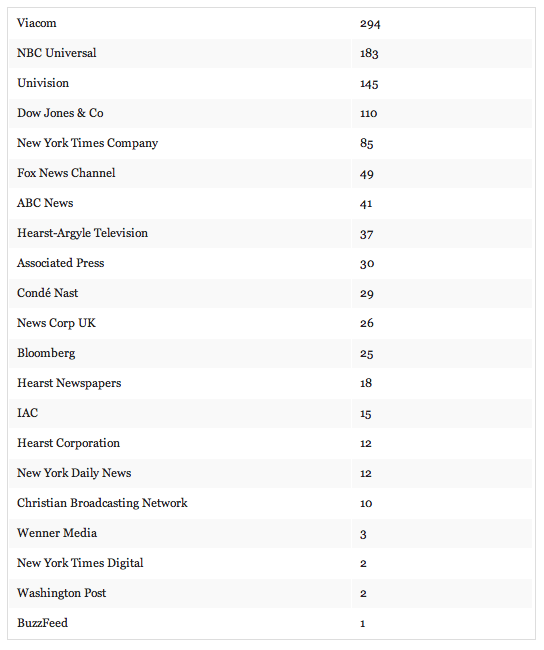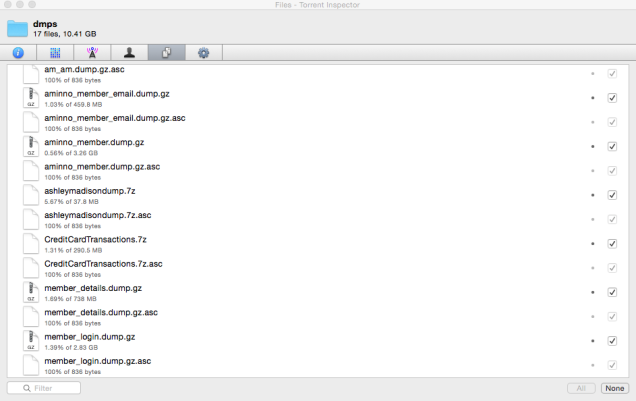Happy Friday! Ashley Madison: It’s the hack that keeps on giving. Every day brings a new joy. And here’s this one: The good people at “Gawker” (who’ve been doing a great job covering this whole thing) took a deep-dive into the data, all 9.7 GBs of it. Why? Well, to see how was dumb enough to use a work email as their AM registration email. (Personally, I’m surprised that nobody got called on the carpet after their network got wind of that verification email in their inbox.)
Now, you’d think that most people would know to use a throwaway email for this kind of thing, right? You’d think that, and you’d be wrong. At the time of the data dump, “Wired” reported that 15K+ domains belonging to the government and military were found, comprising .04% of the total emails found.
Here’s what Sam Biddle at “Gawker” found. (Incidentally, no emails registered to the Gawker domain were found).
So yeah, have some common sense as to when to use your work email. Have a great holiday weekend!




